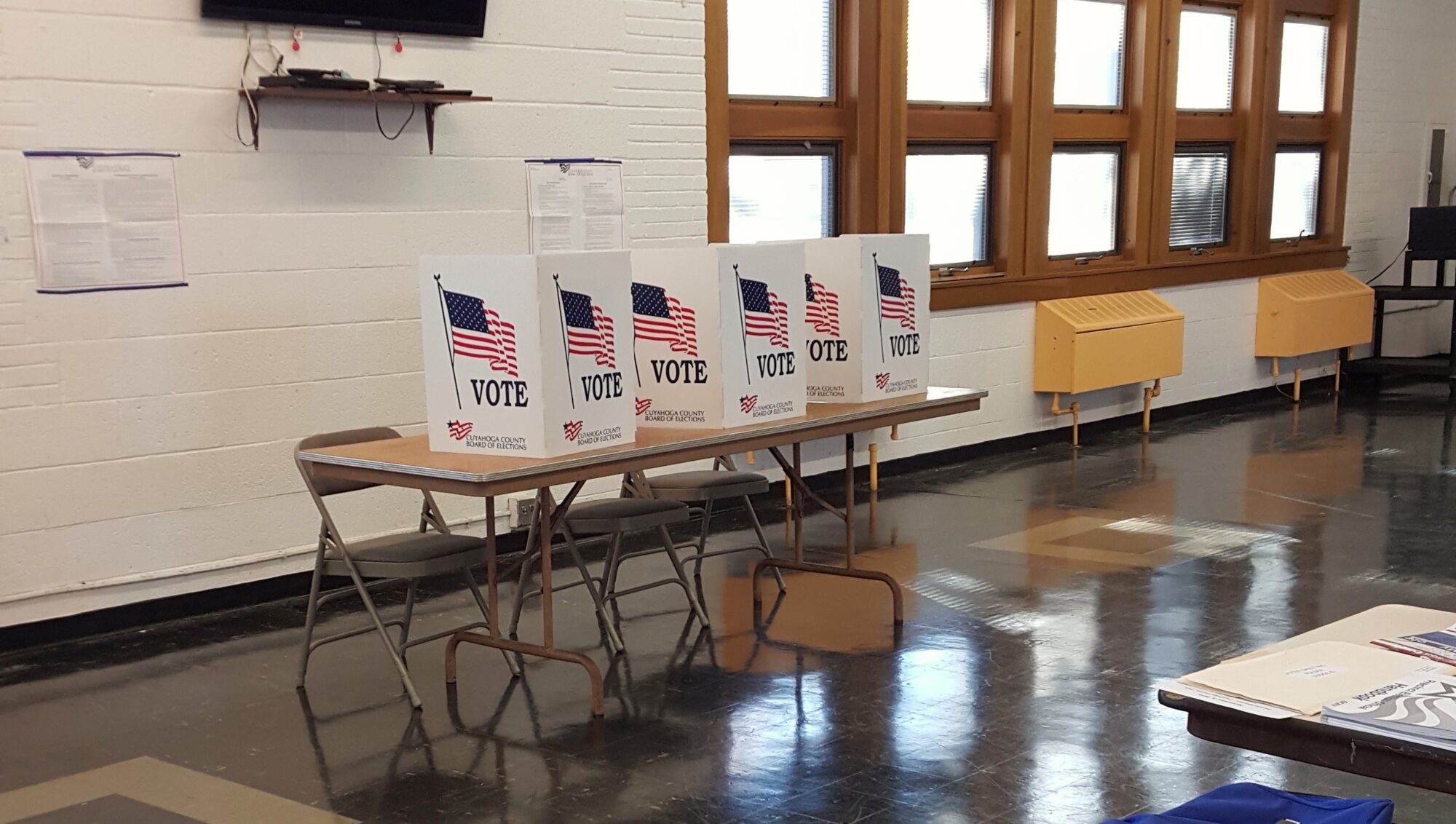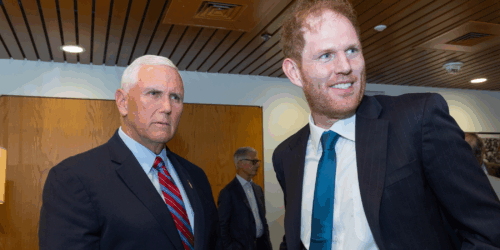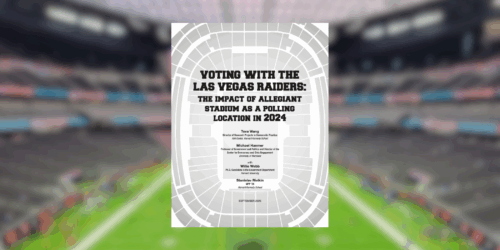
Archon Fung
Director, Ash Center for Democratic Governance and Innovation;
Co-Director of the Program on Democracy and the Informed Public;
Winthrop Laflin McCormack Professor of Citizenship and Self-Government
Reimagining our political institutions to meet the democratic challenges of today.
Institutional Reforms, Electoral College, Civic Engagement, Multiracial Democracy, Sports and Civic Participation
Democracy requires deep and structural changes to survive and grow. The Ash Center’s Reimagining Democracy Program provides scholars and those on the frontlines of our democracy with a space for generating ambitious ideas and practices to make democracy more resilient, responsive, and inclusive.
Director, Ash Center for Democratic Governance and Innovation;
Co-Director of the Program on Democracy and the Informed Public;
Winthrop Laflin McCormack Professor of Citizenship and Self-Government
Director of Research Projects in Democratic Practice
Senior Associate Director, Center-wide Democracy Initiatives
Program Manager
Program Administrator
In-Person Event
Rubenstein 414 (Democracy Lab), Harvard Kennedy School
5:00 pm – 6:00 pm EST
Commentary
When former Vice President Mike Pence visited Harvard’s Institute of Politics for a discussion on “The Future of Conservatism and American Democracy,” he was introduced not just by a moderator, but by a longtime friend and admirer — Ash Center Senior Fellow Stephen Richer. A former Republican officeholder, Richer has often cited Pence as a personal role model for integrity and constitutional fidelity. Their friendship added a layer of warmth and sincerity to an evening that balanced deep ideological reflection with a spirit of civility and mutual respect.
Podcast
Archon Fung and Stephen Richer speak with Alex Whiting, Professor of Practice at Harvard Law School and an expert on criminal prosecution.
Podcast
This week on Term of Engagement, co-hosts Archon Fung and Stephen Richer explore and debate the boundaries of free speech, threats to it, and the impact on our democracy.
Podcast
This week on Term of Engagement, co-hosts Archon Fung and Stephen Richer explore and debate the boundaries of free speech, threats to it, and the impact on our democracy.
Policy Brief
Sports facilities are uniquely positioned to provide an enjoyable voting experience and strengthen civic engagement. A new report by Tova Wang, Director of Research Projects in Democratic Practice, explores the impact of stadium voting in 2024 at Allegiant Stadium, drawing widespread, bipartisan support from voters and election officials and strengthening the relationship between the Las Vegas Raiders and the surrounding community.
Podcast
This week on Terms of Engagement, Alex Keyssar joins Archon Fung and Stephen Richer to examine the broader issue of political violence in the U.S.
Podcast
This week on Terms of Engagement, Alex Keyssar joins Archon Fung and Stephen Richer to examine the broader issue of political violence in the U.S.
Commentary
The intensification of political polarization in recent years has raised pressing concerns about the health of democratic discourse and the rise of political violence. Ash Center Senior Fellow Stephen Richer shares ten principles he believes provide a framework for fostering more constructive engagement: encouraging self-reflection, prioritizing substantive dialogue over hyperbole, and creating incentives that reward integrity and ideas rather than division.
Podcast
Archon Fung and Stephen Richer are joined by Andrew Crespo, Morris Wasserstein Public Interest Professor of Law at Harvard Law School, to discuss a recent court case that found the Trump Administration’s freeze of over $2 billion in federal grants to Harvard illegal.
Podcast
Archon Fung and Stephen Richer are joined by Andrew Crespo, Morris Wasserstein Public Interest Professor of Law at Harvard Law School, to discuss a recent court case that found the Trump Administration’s freeze of over $2 billion in federal grants to Harvard illegal.
Video
In a spring Foreign Affairs article, Steven Levitsky, Professor of Government at Harvard University and co-author of How Democracies Die, predicts that “U.S. democracy will likely break down during the second Trump administration, in the sense that it will cease to meet standard criteria for liberal democracy: full adult suffrage, free and fair elections, and broad protection of civil liberties.” In this online event, Virginia Kase Solomón, President and CEO of the national pro-democracy organization Common Cause, will discuss how her organization and others are working to prove him wrong. We’ll explore some decisions by the Trump administration that worry democracy advocates—including election rule changes and military deployments to cities—as well as some of the strategies of democracy advocates, their prospects for success and failure, and what more can be done. Archon Fung, Director of the Ash Center for Democratic Governance and Innovation, will moderate.
Podcast
Former Transportation Secretary Anthony Foxx, now the Emma Bloomberg Professor of Public Leadership at Harvard Kennedy School, joins Archon Fung and Stephen Richer.
Podcast
Former Transportation Secretary Anthony Foxx, now the Emma Bloomberg Professor of Public Leadership at Harvard Kennedy School, joins Archon Fung and Stephen Richer.
Podcast
Archon Fung and Stephen Richer discuss President Trump’s assertions about mail-in voting and what they portend for future elections and voter participation.
Podcast
Archon Fung and Stephen Richer discuss President Trump’s assertions about mail-in voting and what they portend for future elections and voter participation.










